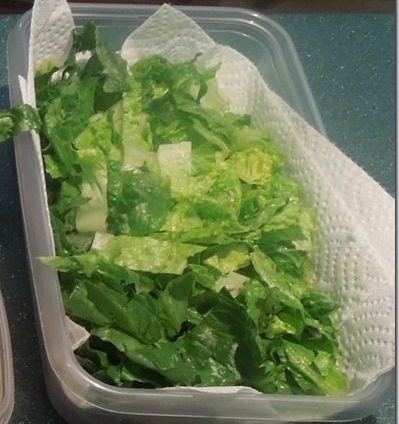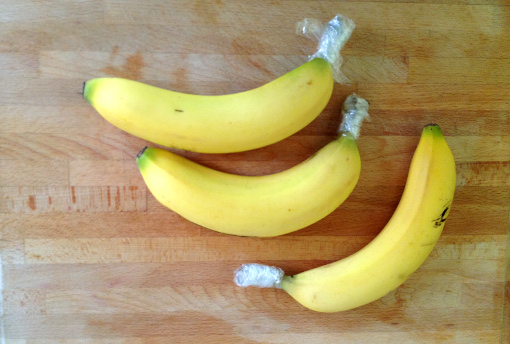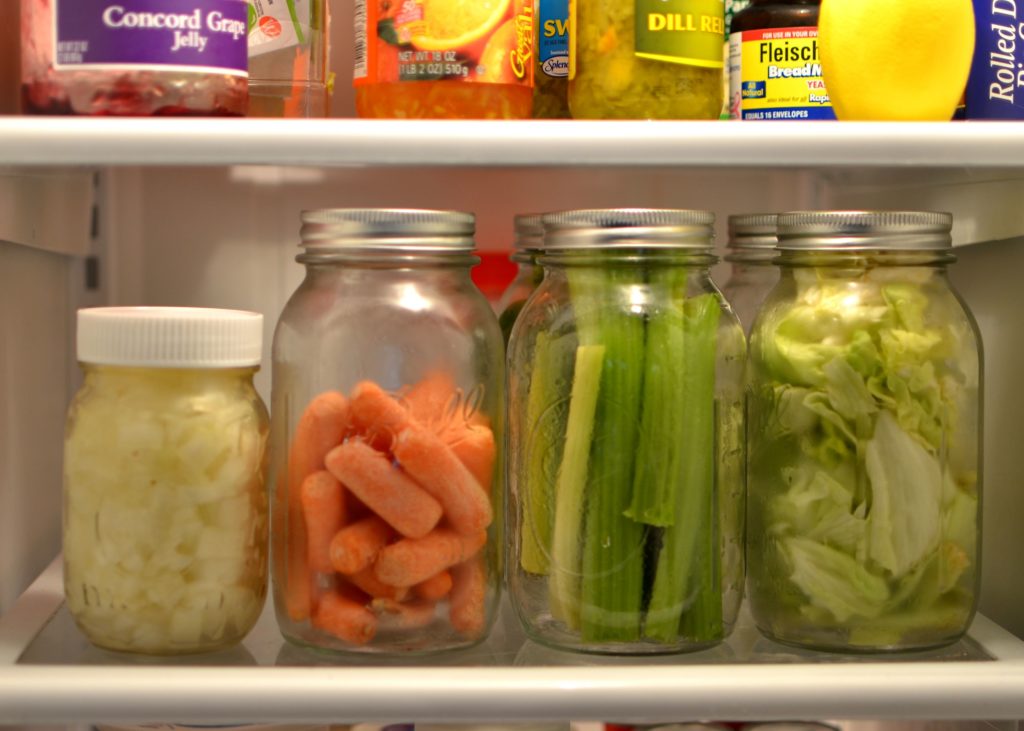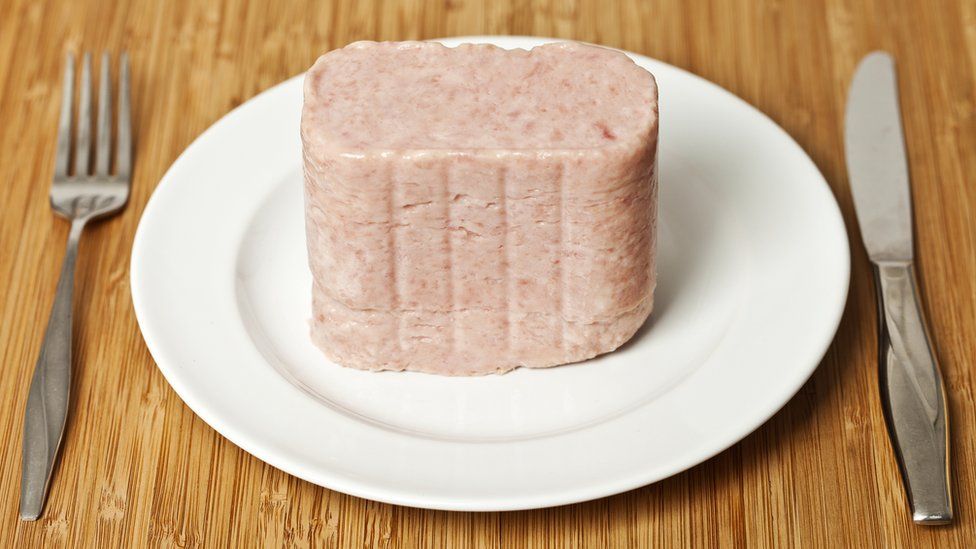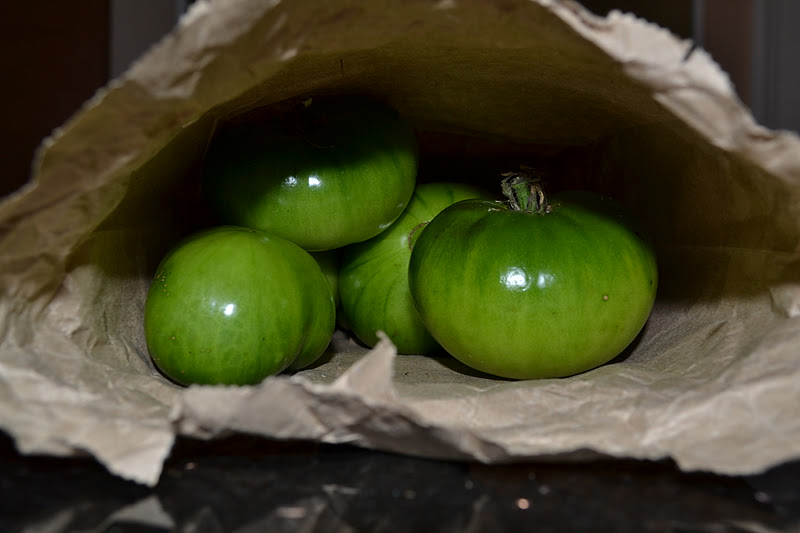With the enhanced community quarantine (ECQ), many of us buy huge quantity of food in order to reduce our trips to the market.
And since we spend a lot on food, it only makes sense to find ways of properly storing them to avoid spoilage.

Here are some tips on how to store food that will help maximize their shelf life.
Bread
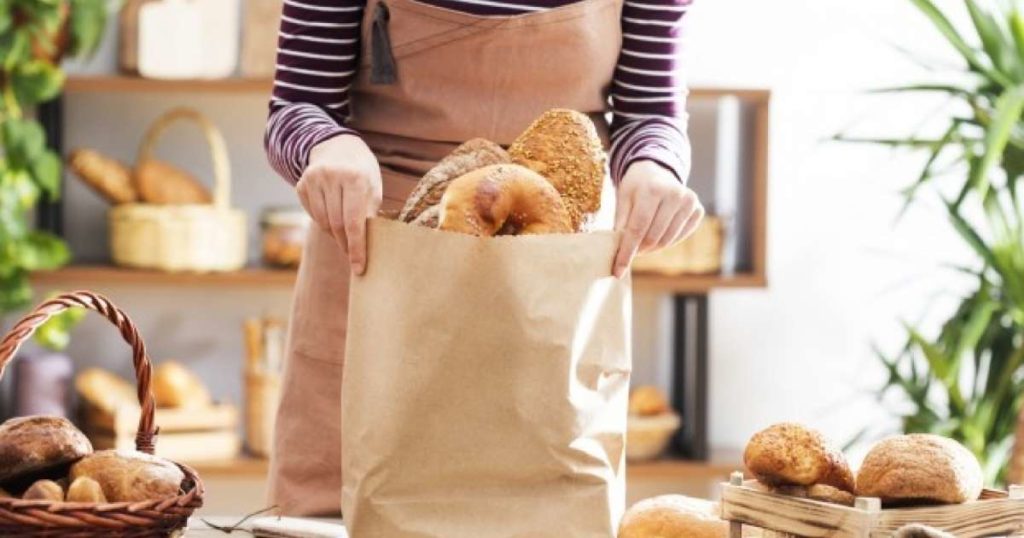
Contrary to popular belief, when it comes to storing bread, don’t put it inside the refrigerator. The bread actually goes stale faster in the refrigerator than it does at room temperature. What you can do to stretch the shelf life of your bread is to keep it in a paper bag and store it in a cool and dry area of your kitchen. Keeping bread on the fridge will cause paper-bagged bread to dry out, and plastic bagged bread to mold faster.
Leafy Vegetables
Leafy greens stay fresh longer if they’re rinsed, wrapped in a paper towel or tea towel, and refrigerated in a container or sealed plastic bag. The paper towel absorbs excess moisture, which keeps your leafy greens from getting soggy over time and extends their shelf-life. As an added tip, washing and storing leafy greens as soon as you bring them home will make them more convenient to eat.
Bananas
Apparently, bananas do well with social distancing! If you want them to last as long as possible, separate them carefully together with the stems. Wrap the stem of the banana with plastic and place the individual bananas in a tray or on a paper napkin, leaving some space between every two bananas. This process can slow down the development of brown freckles on the skin of the banana.
Other produce
Use mason jars instead of plastic containers when storing other produce. Mason jars are great because they’re inexpensive, heat-resistant, and nothing will stain them. Best of all, they come in a variety of sizes making it easy for you to organize it in your refrigerator.
Canned Food
If you open a canned good — like beans, tuna, or peas — but don’t use all of it, make sure to transfer leftovers into a separate closed container. Refrigerating leftovers in the open can negatively affect the taste, among other things.
Tomato
There are few different ways to store tomatoes depending on their freshness.
Unripened, green tomatoes belong in a paper bag with the stem facing down, whereas ripe tomatoes should be stored at room temperature, separated from each other and away from any sunlight.
You can put an overripe tomato in the fridge to prevent it from ripening more, but you should let it sit out a few minutes before cooking with it to restore its flavor.
So take note of these food storage hacks to prolong the life of food during this time of ECQ. The longer food stays fresh, the longer the need for a trip to the supermarket, which is all good at these trying times.
